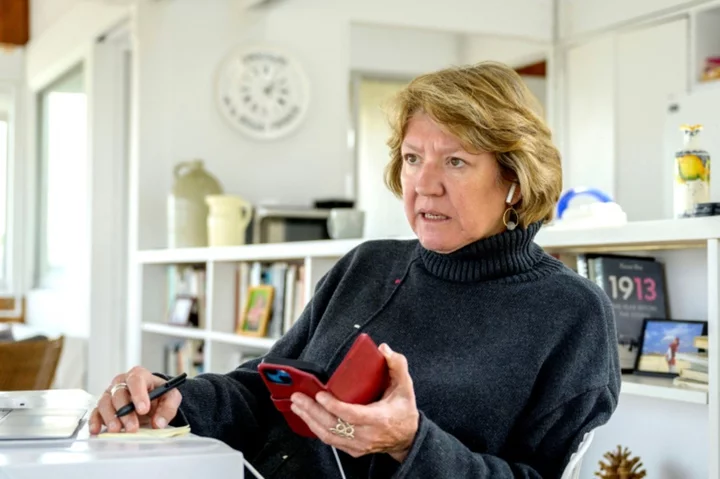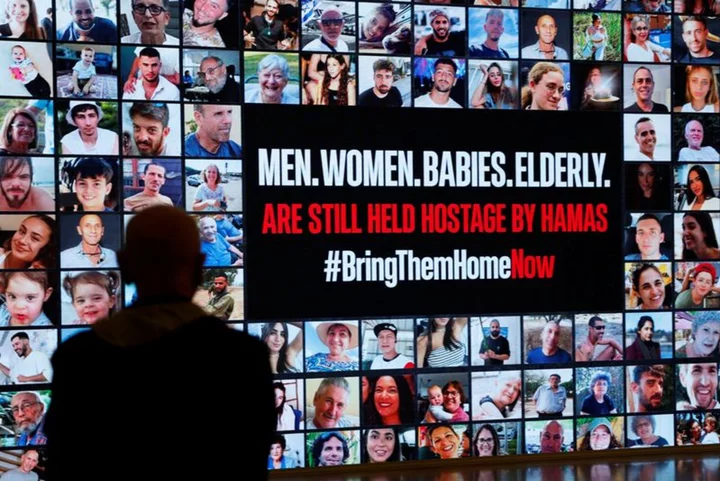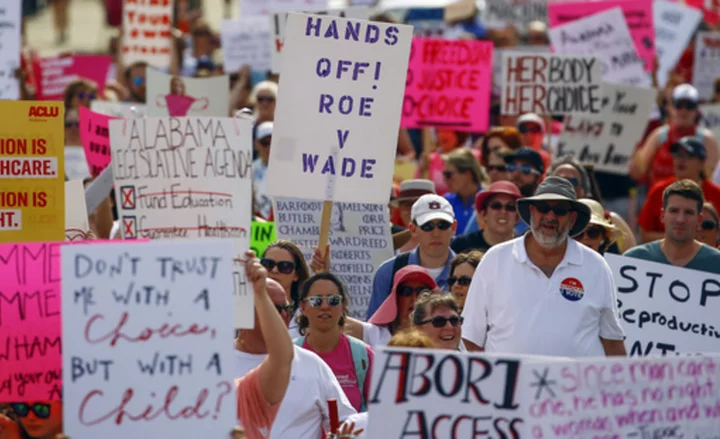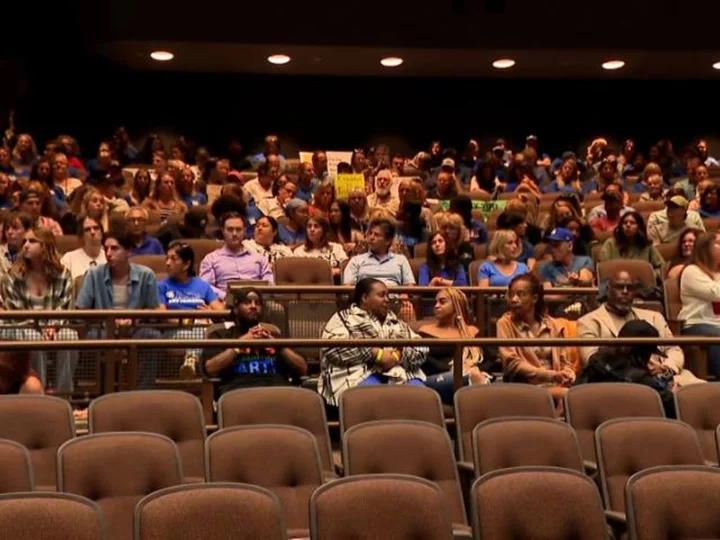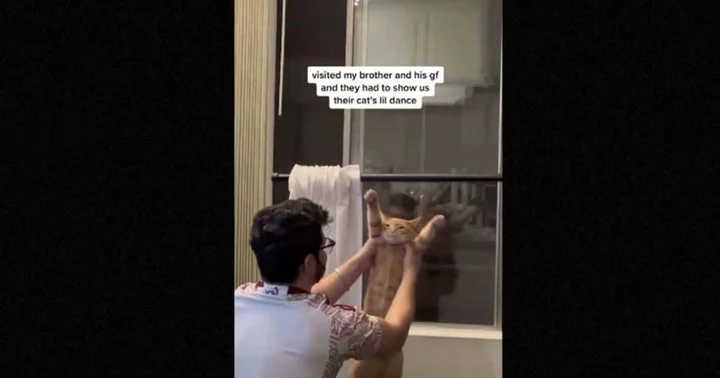The phone has been ringing nonstop for a year. Linda Prine, a New York doctor, repeats her advice on a loop: "Make sure you're drinking plenty of fluids;" "Take some ibuprofen;" "Everything's fine, you can relax."
The Miscarriage and Abortion Hotline, which Prine co-founded, is now staffed by around 70 health care professionals on a voluntary rotational basis, providing advice and fielding questions from American women seeking to end their pregnancies.
Their support is especially sought by those who must perform their own abortions alone at home, without seeing a doctor, because the procedure is now illegal in their states.
Prine and a colleague set up the helpline in 2019, as state-level abortion restrictions grew under former president Donald Trump. They started out with 12 volunteers.
Then, a year ago, the US Supreme Court revoked the federal right to abortion. Around 15 states have since banned or severely curtailed access to the procedure.
The decision triggered a "huge bump" in call volume to the hotline, the physician told AFP.
Even while recently vacationing in a small rental home just outside New York, Prine takes a shift. Over four hours, she receives 13 calls, and responds to 18 different people by text message.
"I used to be able to multitask. Now I don't even have time to go to the bathroom," laughs the activist, who has been committed to the cause for decades. The work can be "exhausting," she admits.
- Reassurance -
By far the most common reason people call: asking where to find the so-called abortion pills, the federally approved drugs mifepristone and misoprostol. The hotline does not provide them directly, but tells callers where to find them online.
In states where abortion is prohibited, it is still possible to order them from abroad.
Many patients call the hotline after taking the pills, to make sure the abortion actually worked. Pregnancy tests can remain positive for up to several weeks after an abortion, sometimes causing confusion.
"Before you took all the medicines, did you have sore breasts and you felt tired and sort of nauseous?" Prine asks one woman, kindly. "Are those (symptoms) going away?"
At other times, the distress comes from bleeding that lasts weeks, which can be normal.
"Most of the time, we're not really giving medical advice, we're giving reassurance," said Prine. "The medical piece is very safe. The fear and anxiety piece is hard."
Many women who call have not spoken to anybody else about their abortions for fear of being reported, she said.
"You can just hear it in people's voices, they are so grateful to have a place to talk to somebody who can answer their questions," explained Prine.
The telephone line is open 18 hours a day, every day.
Most of the volunteers are general practitioners, and the patients remain anonymous. One of the patients that morning mentions calling from Texas, where abortion is now illegal, even in cases of rape.
"I'm sorry you live in such an awful state," says a doctor to one caller, sympathetically.
- 'Infuriating' -
The biggest change Prine has seen since legal abortion was widely curtailed has been how far along women's pregnancies have become at the point when they take the pills. The medicine can take several weeks to arrive when shipped from abroad.
In the hotline's first three years, they had only one or two calls from someone using pills at 18 weeks.
"And now we will get a call like that once or twice a day sometimes," she said.
The US Food and Drug Administration has approved abortion pills for use up to 10 weeks since the end of the patient's last menstrual cycle.
For second trimester abortions, patients can be "in a total state of panic, because they've just passed a recognizable fetus and the umbilical cord is still there," she said.
Most of the time, they don't require medical attention, but "it's just infuriating that anyone is having to go through this stuff, that anyone is by themselves with no medical care" she said.
Some are just teenagers.
The anti-abortion movement has "made this a worse experience for the people who are needing the pills," added the doctor, who had an abortion herself while in college, at a time when the procedure wasn't legal throughout the United States.
The new legal landscape is also provoking feelings of guilt for some of the women involved.
"Like the woman this morning who said, 'I'm 39 years old, and I've never done anything illegal in my life, but I couldn't have another baby.'"
Still, Prine is determined to channel her rage into action.
"I just turn it around and it motivates me to fight back."
la/ia/caw

